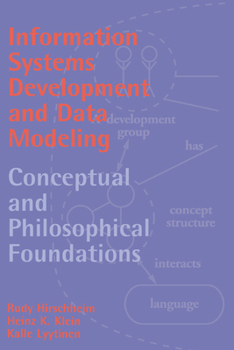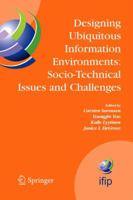Information Systems Development and Data Modeling: Conceptual and Philosophical Foundations (Cambridge Tracts in Theoretical Computer Science)
Select Format
Select Condition 
Based on Your Recent Browsing
Book Overview
Data modeling was hypothesized to be the salvation of an organization's data problems. This book aims to analyze the problems encountered and to present a comparative philosophical study of the various approaches. On the philosophical level, the authors explore the epistemology, ontology, and rationality of each modeling approach. While on the theoretical computer science level, a systematic study of the history and development of three major strands of data modeling is presented. This book will be of great interest to all computer scientists using information systems as well as philosophers with an interest in computing applications.
Format:Hardcover
Language:English
ISBN:0521373697
ISBN13:9780521373692
Release Date:October 1995
Publisher:Cambridge University Press
Length:304 Pages
Weight:1.20 lbs.
Dimensions:0.9" x 6.2" x 9.3"
More by Kalle Lyytinen
Customer Reviews
7 customer ratings | 5 reviews
There are currently no reviews. Be the first to review this work.






















